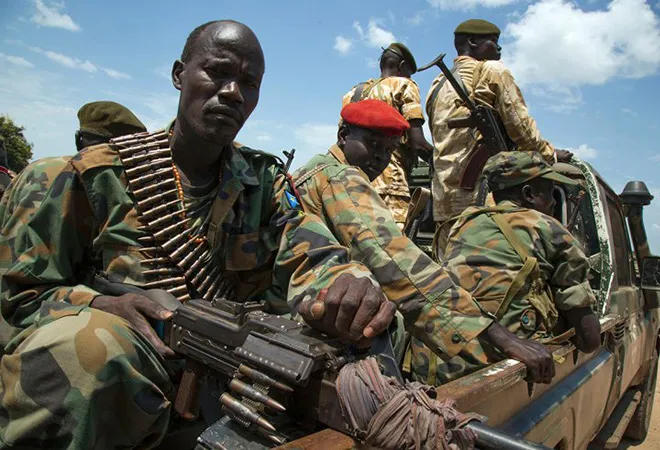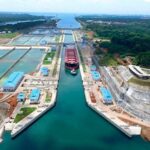Summary by Geopolist | Istanbul Center for Geopolitics:
The article explores the recent U.S. genocide declaration against the Rapid Support Forces (RSF) in Sudan and its broader implications. The declaration, made by the Biden administration, accuses the RSF of systematically targeting African communities, particularly the Masalit in Darfur. Reports from the United Nations confirm widespread human rights violations, including war crimes, sexual violence, and mass executions. The violence has forced nearly a million people to flee to neighboring Chad, with as many as 15,000 people killed in West Darfur alone. While the RSF has been singled out for genocide, Sudan’s conflict extends beyond this group, as the Sudan Armed Forces (SAF) have also been responsible for atrocities, including targeting civilians and obstructing humanitarian aid. The war, rooted in a power struggle between RSF leader Hemedti and SAF commander al-Burhan, has led to the displacement of 14 million people, with half the country’s population in urgent need of assistance.
The conflict in Sudan has also taken on a strong regional dimension, with various foreign actors supporting different factions for strategic and economic reasons. The UAE and Russia have been accused of backing Hemedti and the RSF, with evidence of gold smuggling through Dubai and prior RSF involvement in the Yemen war on behalf of the Emirates. The SAF, on the other hand, has received support from Egypt, Saudi Arabia, Iran, Qatar, and Türkiye, with Russia hedging its bets by engaging with both sides to secure access to Port Sudan. Sudan’s strategic position along the Red Sea, its rich agricultural land, and its gold reserves have turned it into a battleground for geopolitical influence, making the war resemble a proxy conflict similar to Yemen’s.
The U.S. genocide declaration adds new pressure to the situation by imposing sanctions on Hemedti and UAE-linked companies that have provided financial and material support to the RSF. While the direct financial impact may be limited, the political fallout is significant. The UAE, which has spent years cultivating an image as a modern, progressive state, now faces reputational damage if it continues to back a group accused of genocide. This has already had consequences, such as U.S. rapper Macklemore canceling his concert in Dubai in protest of the UAE’s role in Sudan. The Emirates’ response to this pressure could shift the balance of the war, as a withdrawal of support for the RSF would weaken Hemedti’s position and possibly open the door to negotiations.
The article highlights the need for a diplomatic resolution, urging regional actors to stop funding the conflict and instead work towards a settlement. Türkiye has offered to mediate, and the UAE has signaled some openness to this, but Ankara’s close ties with the SAF may limit its effectiveness as a neutral broker. Any real solution must involve Sudanese civilian coalitions, as the war has been driven by military factions with little legitimacy among the population. A negotiated agreement that includes civilians could provide a path to stability by avoiding a scenario in which one military side dominates the other. The post-2019 transitional period in Sudan demonstrated that civilian leadership was more effective in attracting international investment and rebuilding the country, reinforcing the argument that Sudan’s future cannot be left solely in the hands of warring generals.
While the genocide declaration changes the political landscape, the conflict remains at risk of becoming further entrenched. Civil wars in Africa often fragment over time, creating new armed factions with competing interests, making resolution increasingly difficult. Sudan’s war is already heavily influenced by external players, meaning that a ceasefire will require significant diplomatic efforts from global powers. The United States, the UK, and Norway, long involved in Sudanese peace efforts, could play a key role in facilitating negotiations. However, it remains uncertain how U.S. policy might evolve under a potential second Trump administration, leaving questions about Washington’s long-term engagement in the region. Given Sudan’s strategic location along a major global trade route, the stakes are high, and resolving the conflict will require concerted international leadership before the country slides further into chaos.
Read more here.







